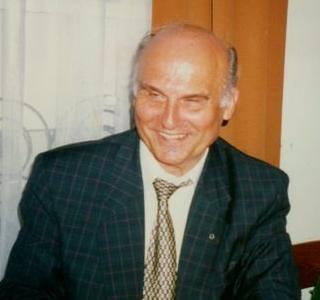
I’m no good at any languages outside of English. I’m not pretending to be a translator, but for the last month or so I’ve been putting a book in Spanish through Google translate, for the simple reason that I want to know what it says. It’s by one of my favorite authors, Ryszard Kapuscinski. I own most of his major works available in English, and while I have some philosophical differences with Artur Domosławski and his view of Kapuscinski, I own the English translation of the biography he wrote.
Like some other favorite authors of mine like Joseph Mitchell, Kapuscinski was a journalist who told “truth,” rather than “fact.” Neither of them would survive well in today’s journalistic climate where on the one hand facts are sacred, but can be faked, misconstrued and are so plentiful that people don’t know what is factual anymore. Alain de Botton wrote a user’s manual for the news, since most people haven’t learned how to read the news properly for themselves.
This translation of Kapuscinski’s book started for the simple reason that I wanted to know what it said, but the further I went along I realized that Kapuscinski gave his philosophy on journalism and reporting, and he’s a master of the craft. It’d be like if Miles Davis gave insight on what drove his musical explorations, or Pablo Picasso gave insights into his philosophy on art. Another driver for me on this is much of what Kapuscinski talks about is as relevant as ever – the book came out in 2003, right when the internet was coming into omnipresent usage – 3G wireless was being rolled out, which helped facilitate wi-fi networks, rss feeds, blogs, podcasting and eventually mobile phones. The difficulties journalists faced in 2003 with these new innovations coming into widespread use are just as relevant, and the field is still grappling with even newer technologies and avenues of information that have come along since like social media.
Kapuscinski also talks about globalization – he served as a foreign correspondent in an era when journalism, and especially the foreign correspondent, was a respected and even romanticized role. Now, journalists are suspects, and the foreign correspondent is a rare and very unromanticized creature. It would be interesting to see his perspective on our world now, when countries are becoming more insular, more distrustful of “the other” (which Kapuscinski wrote a lot about), and more nationalistic.
My hope is this falls into the hands of a real Spanish translator, who will then send it off to one of the publishing houses who release Kapuscinski’s work in English, or to an academic press – This book is more of an academic primer than a general consumption book, though I think it can do well as a trade book.